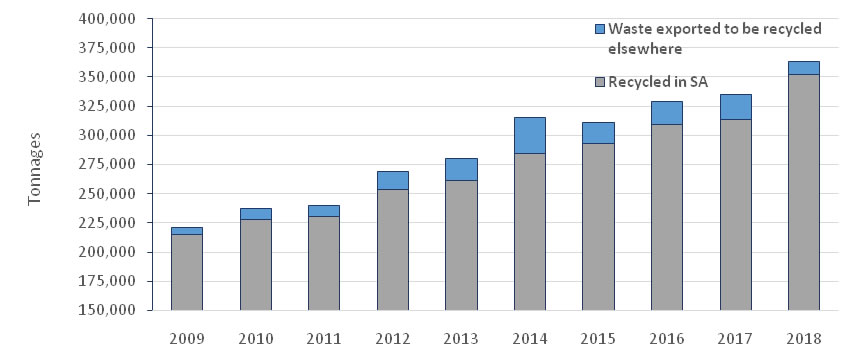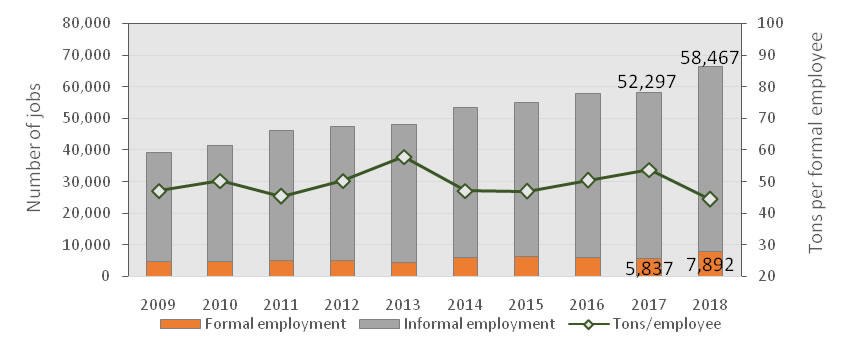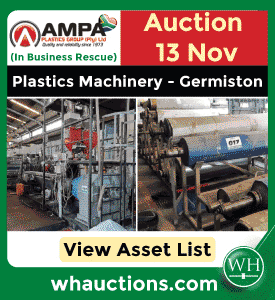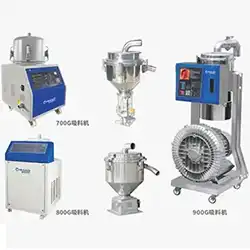Plastics|SA Releases South African Plastics Recycling Figures for 2018
Submission Date : 2019-08-22
INDUSTRY BODY RELEASES LATEST PLASTIC RECYCLING FIGURES

Johannesburg,August 19, 2019.
Plastics|SA, the umbrella body representing the entire South African plastics industry, has released the plastics recycling figures for 2018. Although more can and should be done to encourage South African households to recycle,the latest results clearly show that South Africa has a dynamic, growing and well-supported plastics recycling industry.
“Despite facing major challengeslast year,the plastics industrymade important strides forward.Plastic bags manufacturers removedfillers to producebags that are fully recyclable. In addition, 100% certified recycled plastic material is now used to produce some carrier bags. This creates an end-market for recycled plastic products and helps to reduce waste to landfill. By ensuring that the products we create become part of a circular economy, we create a win-win situation for the environment and for the industry that employs 60 000 people,” explains Anton Hanekom, Executive Director at Plastics|SA.

Key findings of the 2018 Recycling Survey are:
- More than 519 370 tons of plastics waste were collected for recycling
- 46.3% of plastics waste was collected for recycling, making South Africa one of the best mechanical recyclers in the world
- Growth in plastics recycling - 6.7% more than the previous year
- 352 000 tons of new recycled plastic raw material were manufactured to complement virgin polymer in South Africa, a 12.2% increase year-on-year
- Recycled tonnages grew 64% and virgin polymer 21% since 2009
- The amount of plastics that were recycled in South Africa during 2018 alone saved enough oil to fuel 200 000 cars for one year –traveling 30 000 km/annum
- Plastics recycling in 2018 saved 246 000 tons of CO2 - the equivalent emissions of 51 200 cars
- South Africa has 300 active recyclers of which 20% were doing 70% of the tonnages reported
- The plastics recycling industry provided direct employment to more than 7 800 people and created a further 58 500 income-generating jobs/li>
- R2.3 billion rand was injected into the informal sector through the purchasing of recyclable plastics waste
- 70% of all recyclable materials originated from landfill and other post-consumer sources
- 34.1% of South Africans do not have access to regular waste removal


Looking ahead:
Recommendations In order to ensure that the value of plastics is repeatedly harvested and that a sustainable, growing circular economy developed, Plastics|SA has made the following recommendations:
- Improve South Africa’s waste infrastructure.Used plastics need to be collected and removed from the environment. An adequate waste management infrastructure (that is able to deal with recyclable as well as difficult to recycle waste) must be developed and put in place at municipalities around the country.
- Reduce contaminants in the waste stream. Plastics recycling can continue to grow through collaborative effort to reduce the contaminants in the incoming waste stream, e.g. compostable and biodegradable material.
- Provide assistance to recyclers in terms of challenges within their recycling operations.
- Develop alternatives for difficult to recycle plastics. There are certain materials and plastic products that are not economically viable to collect, transport or recycle. Solutions need to be developed for these difficult-to-recycle materials.
Designing plastic packaging and other products with recyclability in mind and gainingaccess to good quality recyclable materials before they end up in landfill, continue to be the top priorities that drive the future strategy of the plastics industry. ASouth African Initiative to End Plastic Waste in the Environment was recently established. Representatives of the plastics and packaging industries, raw material suppliers, converters, brand owners, international fast-moving consumer goods companies, recyclers and environmental organisationsaredeveloping a workable, local plan that fits the South African context and our particular environmental, socio-political and economic realities.
“Recyclables are a valuable resource and should be removed from the solid waste stream before reaching landfill where they become contaminated and extraction costly. Similarly,stakeholders have to work togetherto manufacture locally, processefficiently and manage the end-of-life products so that they benefit the consumer, the industry and the planet,” Hanekom concludes.
The Executive Summary is available on www.plasticsinfo.co.za
















